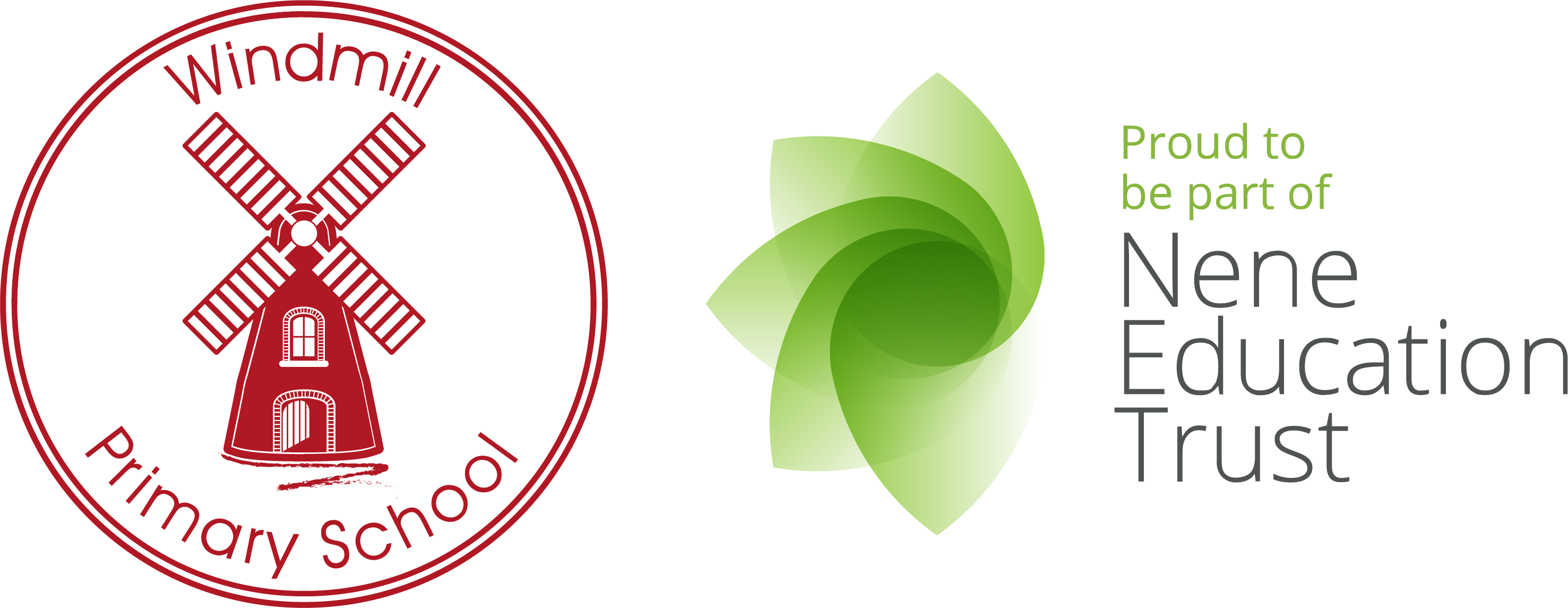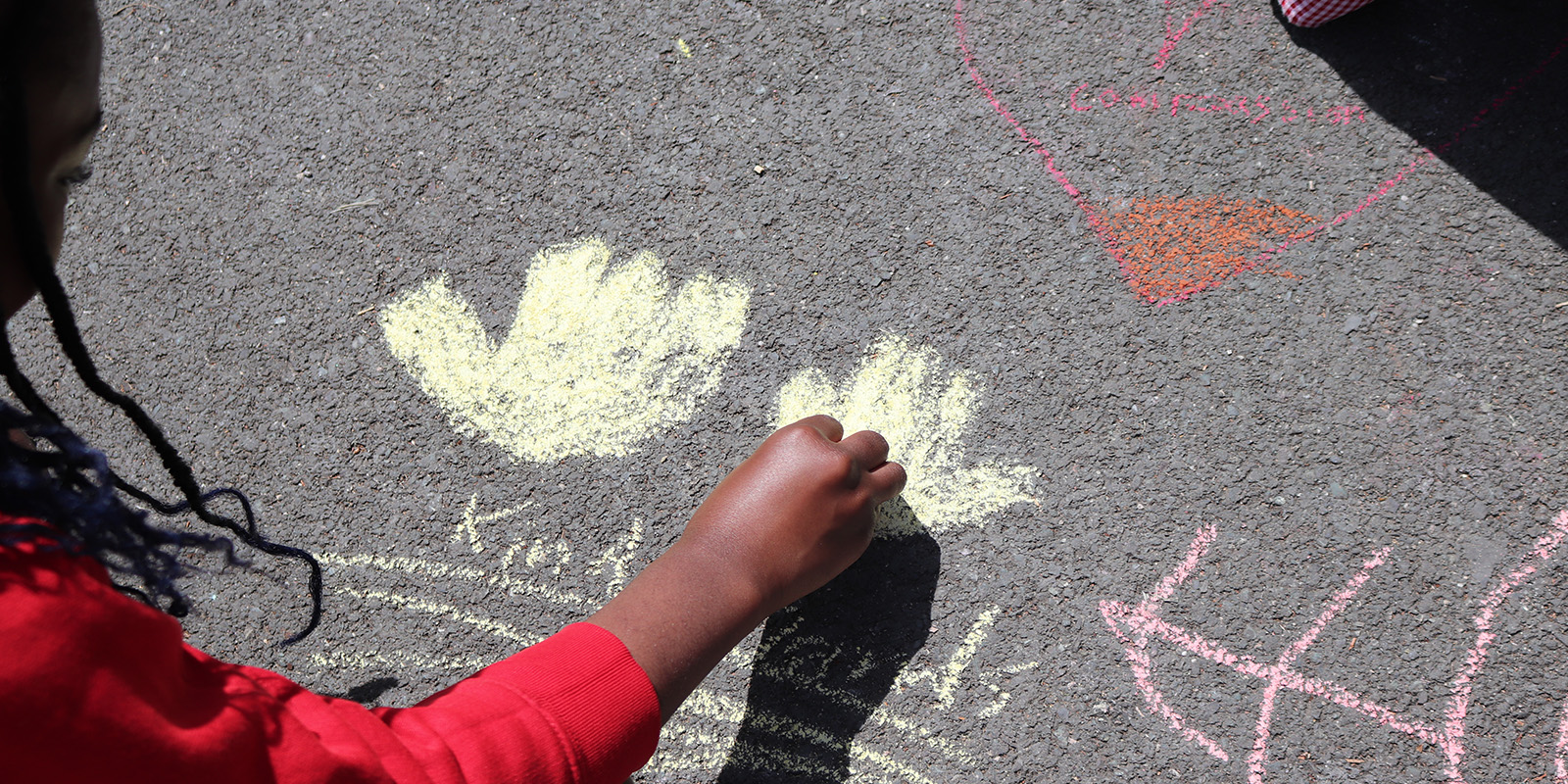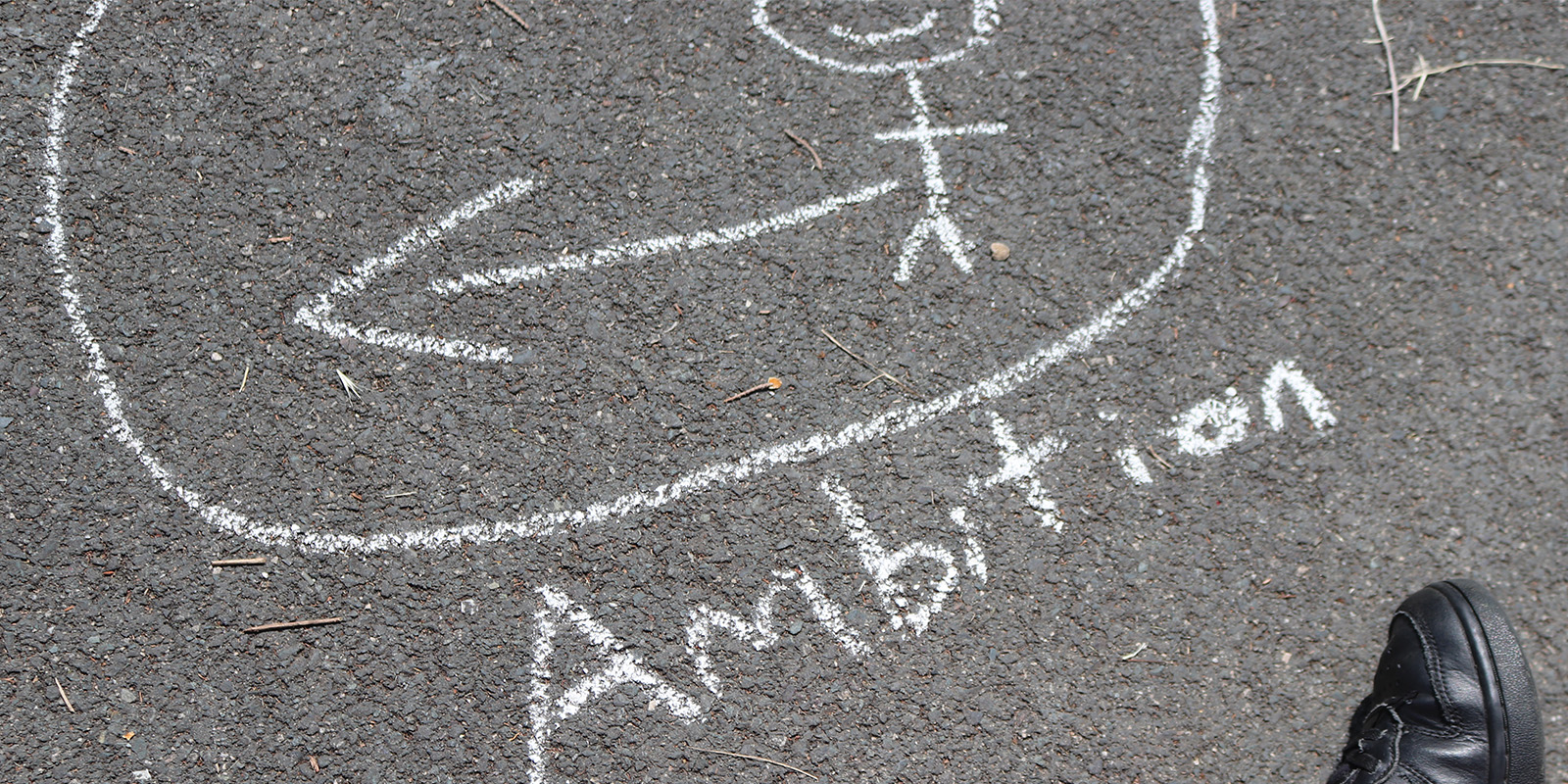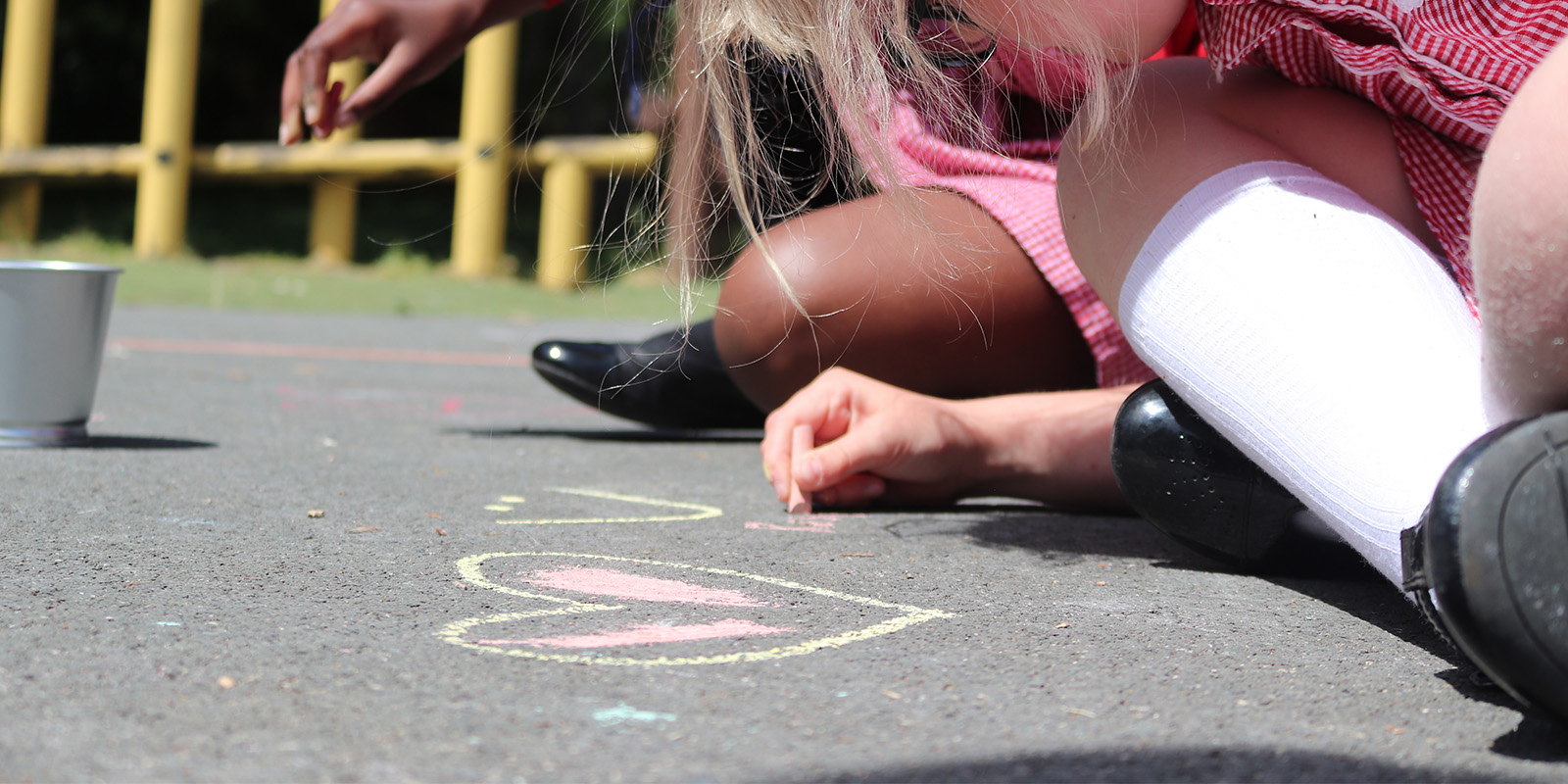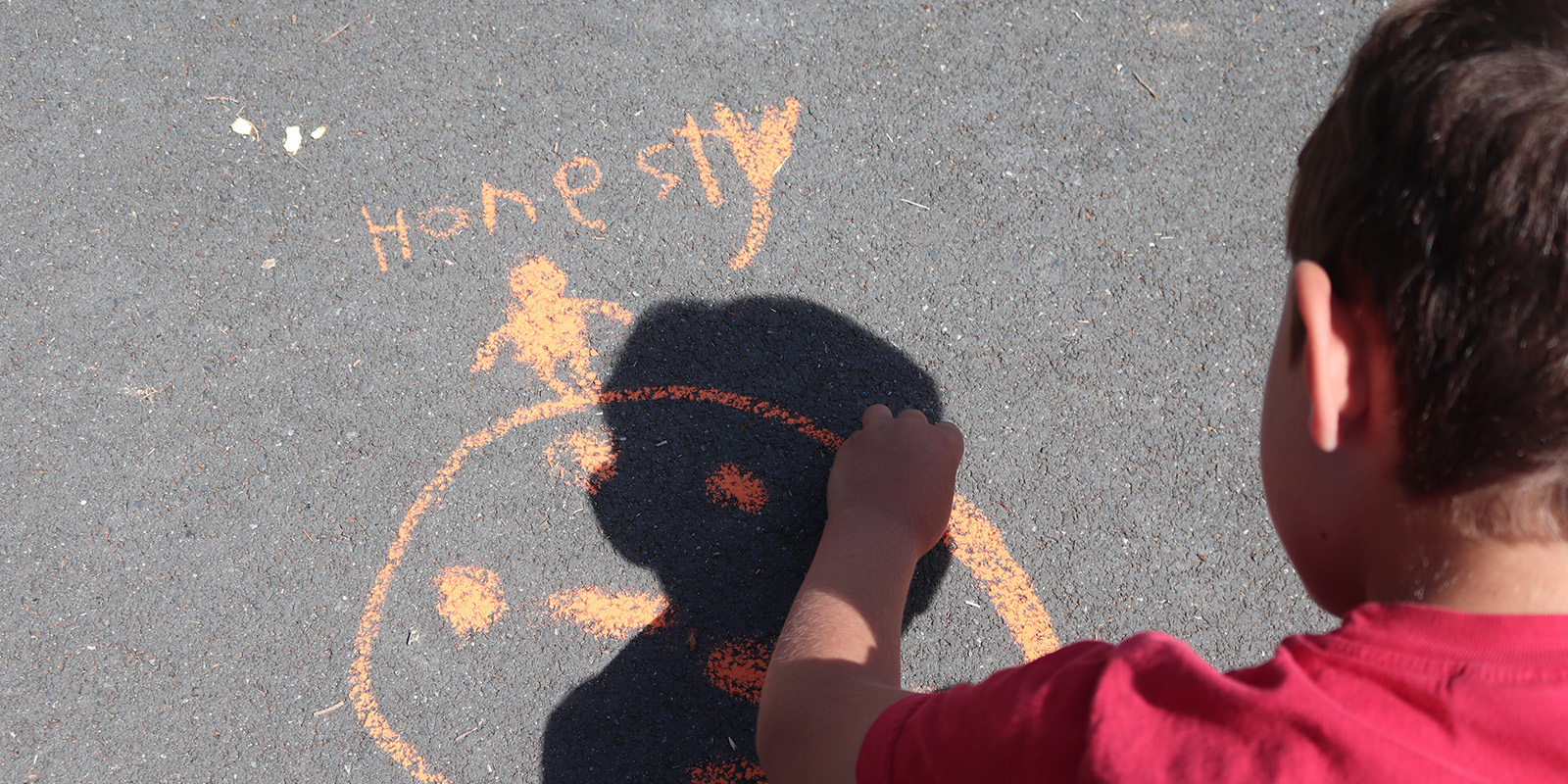Children at Windmill Primary School receive the very best learning opportunities and experiences. We encourage resilience and kindness and for children to have an awareness and positive appreciation of society's diversity.
It is these principles that underpin our curriculum which is designed to provide a broad and balanced education, meeting the needs of all children. It provides opportunities for children to develop as independent, confident and successful learners, with high aspirations, who know how to make a positive contribution to their local community and wider society.
The content is carefully sequenced to make sure that it is cohesive and progressive in nature building from Early Years through to Year 6. This accumulation of knowledge allows children to build firm foundations from which they can develop deeper conceptual understanding and subect-specific knowledge and skills.
We are part of CUSP (Curriculum with Unity Schools Partnership) as a base curriculum for Science, History, Geography and Art.
This curriculum is governed by the following principles:
- Connected
- Cumulative
- Coherent
The curriculum is underpinned by evidence, research and cognitive science with modules deliberately sequenced for robust progression and allows teachers to focus on the lesson.
There is an emphasis on oracy and vocabulary acquisition, retention and use to break down learning barriers and accelerate progress. A rich diet of language and vocabulary is deliberately planned for.
Through planning and delivering exciting, real-life themes to our children, we will ensure that all pupils of Windmill Primary School leave us having achieved the overall vision of our school. This is:
For all pupils, regardless of ability, to achieve their full potential, to prepare for future life and to become lifelong learners. This will be achieved through an inclusive, ambitious, and engaging curriculum enhanced through a wide range of enrichment opportunities.
We will offer our children a range of opportunities and experiences, so that they are aware of the possibilities available to them. We want our pupils to aspire to greatness.
We follow the National Curriculum which is divided into subject areas; however, we see knowledge and skills as crossing subject boundaries and make links across subjects, encouraging transferal of skills at each Phase. All areas of the curriculum are coordinated by different subject leaders within the school. Each subject has an individual action plan and impact plan to drive improvements.
All subject leaders are trained to lead their subjects from EYFS through to Year 6. As a result they are trained to apply the EYFS Framework 2021 and Development Matters.
Click here for information about each curriculum subject: Curriculum Subjects
